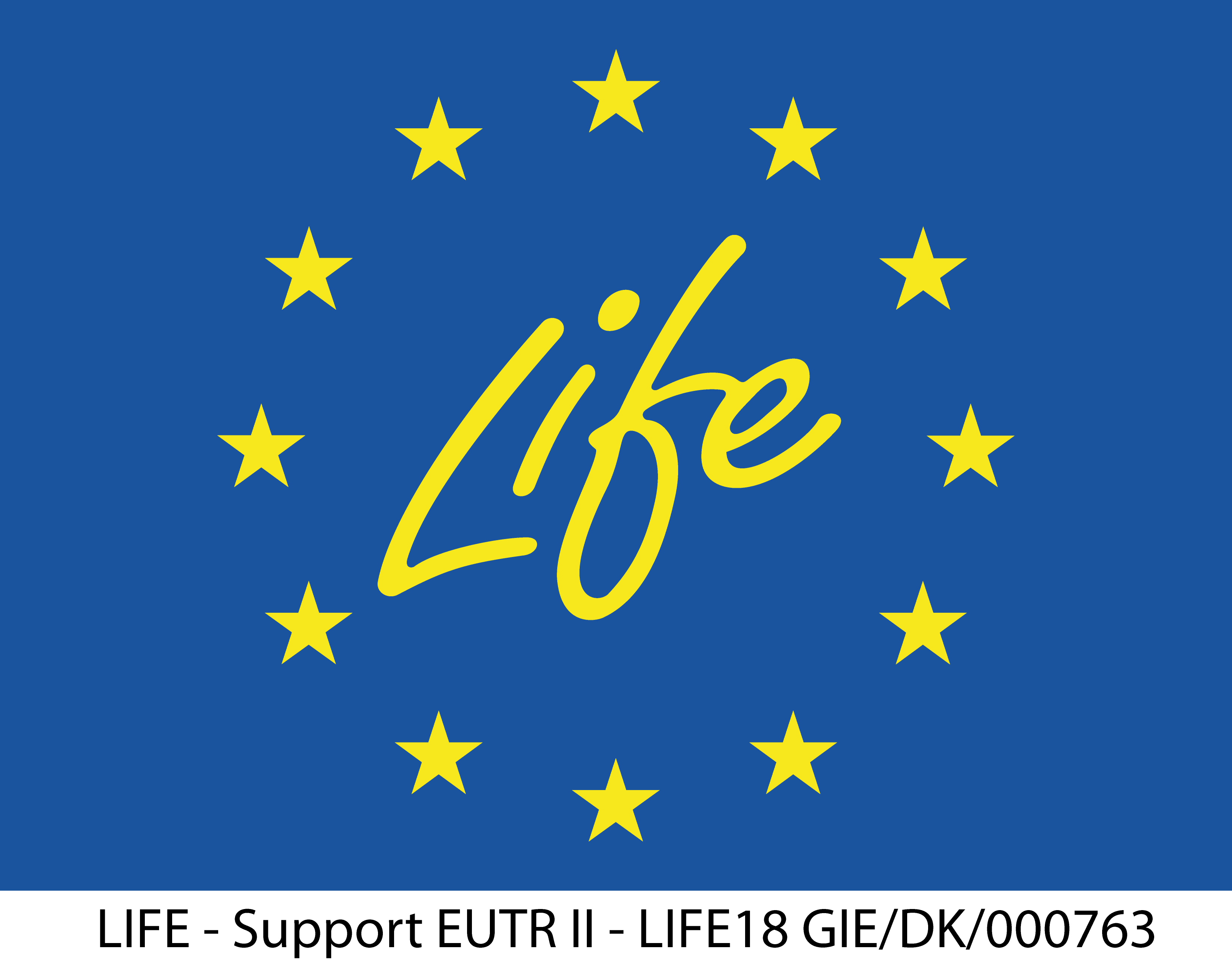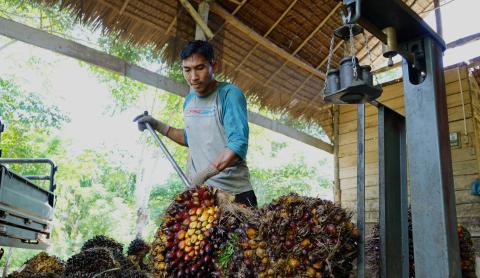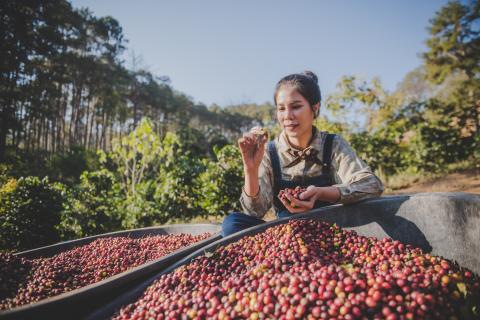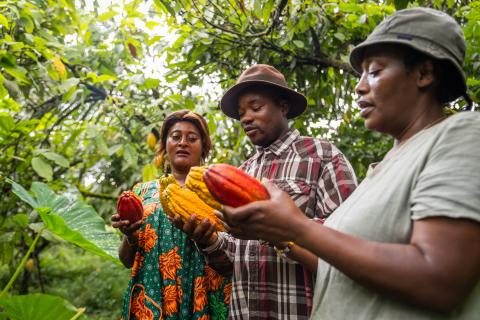EU proposal to include rubber in new anti-deforestation regulation is “a great step forward”
Preferred by Nature applauds the proposal to include natural rubber as a forest risk commodity under the new EU Anti-Deforestation Regulation (EUDR).
In its response to the original EUDR-proposal, Preferred by Nature – together with several other high impact non-profits and stakeholders – stressed the crucial need to include natural rubber together with soy, beef, palm oil, coffee, cocoa and timber, which are already covered in the regulation.
“This is a great step forward. Like other commodities, the EUDR will now apply to natural rubber, which is one of the key commodities with a significant footprint on global deforestation and forest degradation. The inclusion of rubber will mean this vital commodity does not become perceived as unregulated and unsustainable compared to other forest risk commodities,” said Indu Bikal Sapkota, Senior Forestry Expert at Preferred by Nature.
Forest loss in Mekong
The EU plays a key role in the global rubber supply chain: A quarter of global natural rubber production goes to the European market. The expansion of rubber plantations has been clearly identified by the European Commission as a significant source of deforestation and forest degradation. For instance, a report for the European Commission from 2018 attributed some three million hectares of forest loss in the Mekong region in Southeast Asia directly to the increase in rubber cultivation since 2000.
“This will facilitate EU regulators to continue to engage with the rubber and tyre sector to ensure that the due diligence requirements ultimately adopted by the EU are effective and efficient in natural rubber landscapes and supply chains,” said Indu Bikal Sapkota.
Six million smallholders
More than 85% of natural rubber production is produced by an estimated six million smallholders, with complex supply chains that can be up to 10 layers deep of successive dealers and intermediaries.
“Any regulation needs to account for the specifics of each commodity’s supply chain. Efforts should facilitate a just transition towards deforestation-free practices for the millions of communities that rely on small scale agriculture for their livelihoods and where limited alternative income opportunities exist,” said Indu Bikal Sapkota, Senior Forestry Expert at Preferred by Nature.
Preferred by Nature is working together with smallholders and companies to ensure sustainable standards in the production of natural rubber.
Learn how Preferred by Nature is helping smallholders convert to sustainable farming methods with the Sustainability Framework.
Preferred by Nature is a non-profit organisation working to support better land management and business practices that benefit people, nature and the climate in 100+ countries.
------------------------------------------------------------------------------------- -------------------------------
 The European Commission (donor) is not responsible for any claims or views presented in this material. The European Commission's support for the production of this publication does not constitute endorsement of the contents which reflect the views only of the authors, and the Commission cannot be held responsible for any use which may be made of inform
The European Commission (donor) is not responsible for any claims or views presented in this material. The European Commission's support for the production of this publication does not constitute endorsement of the contents which reflect the views only of the authors, and the Commission cannot be held responsible for any use which may be made of inform



